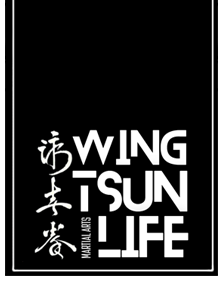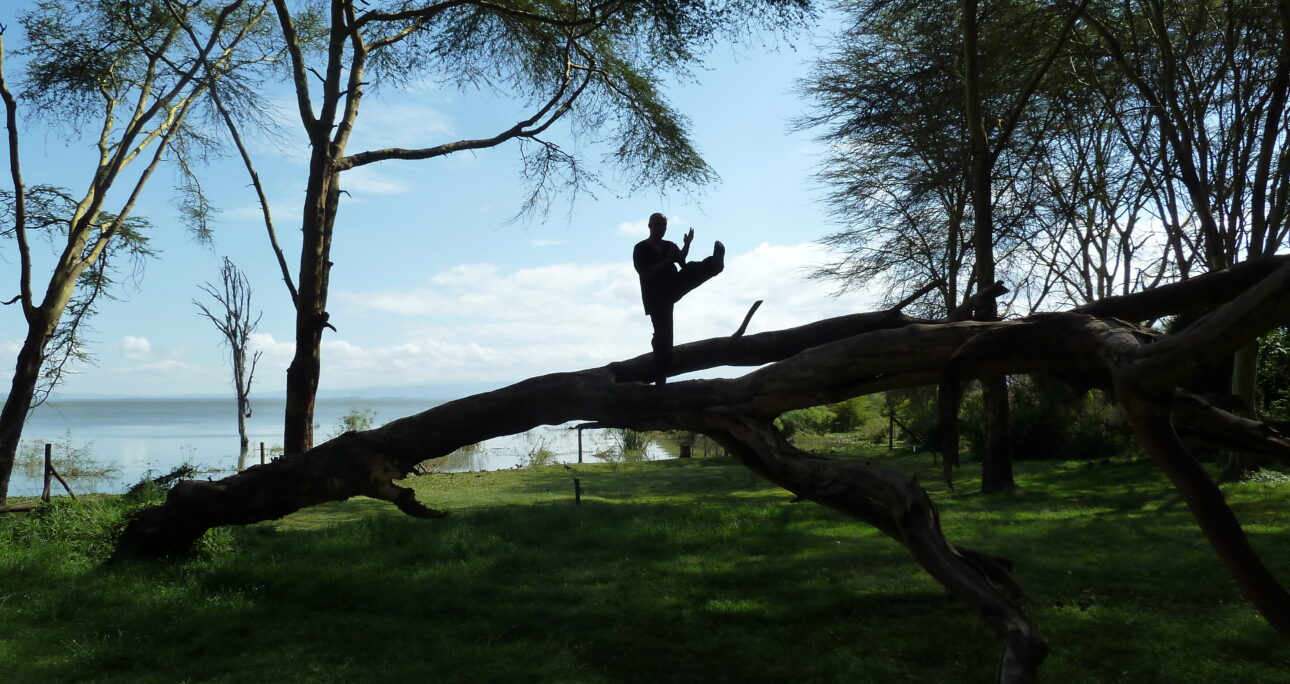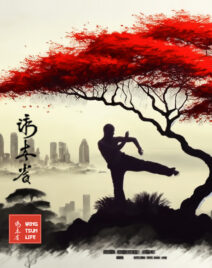There is a story in Chinese martial arts lore about “The Peaceful Warrior,” where a young apprentice asked his teacher why, if he was striving to be inwardly calm and at peace, did he need to learn the ways of a warrior. “Would it not be more tranquil and serene to be a gardener and tend the plants?” he asked. “Tending the garden,” the master replied, “is a relaxing pastime, but it does not prepare one for the inevitable battles of life. It is easy to be calm in a serene setting. To be calm and serene when under attack is much more difficult, so, therefore, I teach you that it is far better to be a warrior tending his garden rather than a gardener at war.”
We don’t always have control over when we are confronted by violence, especially in a hyper-violent world such as ours; a world filled with people who have been conditioned since birth to be violent: violent to each other, violent to other animals, violent to the environment. Such violence is the greatest hindrance of our time, the ultimate obstacle. It’s the precondition above all conditions that must be reconditioned. A warrior in a garden is a person who has reconditioned the conditioned violence within. It’s a metaphor for a person wielding courageous compassion, benevolent bravery, fearless empathy, and dauntless altruism, all in the face of a hyper-violent world. It’s a peaceful warrior who has mastered The Art of Fighting Without Fighting and thus mastered himself.
The philosophy of “better be a warrior in a garden, then a gardener in a war” suggests that it is better to be prepared and ready to face challenges and adversity, even in peaceful or mundane situations, than to be caught off guard and unprepared in times of conflict or crisis.
This philosophy can be interpreted in a number of ways, but one possible interpretation is that it encourages individuals to cultivate inner strength and resilience, even in the face of seemingly mundane or peaceful circumstances. By doing so, they will be better prepared to handle challenges and adversity when they arise, and will be able to approach them with a sense of confidence and strength.
In this sense, the philosophy of “better be a warrior in a garden, then a gardener in a war” can be seen as a reminder to be vigilant and ready for challenges, and to cultivate inner strength and resilience in order to face them with confidence and determination.


